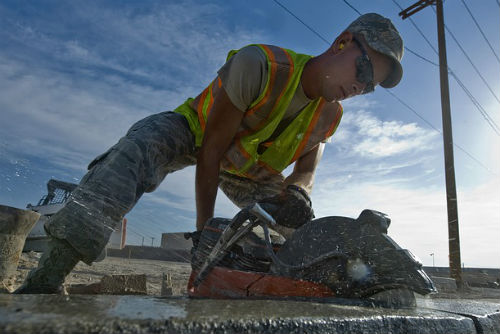With remote work becoming increasingly common, questions about workers’ compensation eligibility for injuries sustained at home are more relevant than ever. If you’re a remote worker in Ohio and get injured during work hours, you might wonder: Am I covered by workers’ comp?
The answer is yes, but proving the injury was work-related can be challenging. Here’s what you need to know to protect your rights.
Workers’ Comp Protects the Worker, Not the Workplace
Under Ohio law, workers’ compensation applies whenever you’re performing job-related tasks, regardless of location. This means your home office is treated the same as a traditional workplace.
Examples of Covered Scenarios:
- Tripping while answering a work-related phone call.
- Injuries sustained while carrying a delivery of work materials into your home.
However, the line between “on duty” and “off duty” can blur, which is where complications arise.
Acting “In Furtherance” vs. Personal Activities
Workers’ compensation claims hinge on whether your actions at the time of the injury were job-related.
- “Acting in Furtherance”: This covers activities directly tied to your job or basic needs to perform it effectively, such as taking a bathroom break or grabbing a drink during your workday. Injuries sustained during these activities are usually compensable.
- Personal Activities: Tasks unrelated to your job, like doing laundry or checking personal mail, likely won’t qualify for workers’ compensation.
Key Factors in Determining Eligibility
To qualify for workers’ compensation while working from home, several criteria must be met:
- Work-Relatedness:
The injury must occur while performing tasks within the scope of your employment. Examples include answering work emails or participating in virtual meetings. - Course and Scope of Employment:
The injury must happen during work hours and while actively engaged in job-related duties. - Proving the Connection:
Establishing a clear link between your injury and work is crucial. This often requires documentation like medical records, incident reports, or witness accounts. - Employer-Provided Equipment:
If the injury results from faulty equipment provided by your employer, it strengthens your case for compensation. - State-Specific Laws:
Workers’ comp eligibility for remote workers can vary by state, so it’s important to review Ohio-specific laws or consult an attorney.
Steps to Take if You’re Injured While Working Remotely
If you’re hurt during remote work, follow these steps to ensure the best chance of getting your claim approved:
- Report the Injury Immediately:
Notify your supervisor as soon as possible. While you may need to call initially, follow up with an email or written communication to ensure there’s a documented record. - Seek Medical Attention:
Visit a doctor promptly and explain that the injury occurred during work. Detailed medical records will support your claim. - Document Everything:
Keep records of how the injury happened, including photos, timelines, and any correspondence with your employer. - Contact a Workers’ Compensation Attorney:
Navigating a workers’ comp claim as a remote worker can be complex. An experienced attorney can guide you through the process, ensure your claim is filed correctly, and help you appeal if the claim is denied.
Why Choose Thomas Marchese?
If you’ve been injured while working from home, you need an advocate who understands the nuances of workers’ compensation law. Thomas Marchese has extensive experience helping employees secure the benefits they deserve, no matter where their workplace is.
Schedule a free consultation today to protect your rights and get the support you need.











